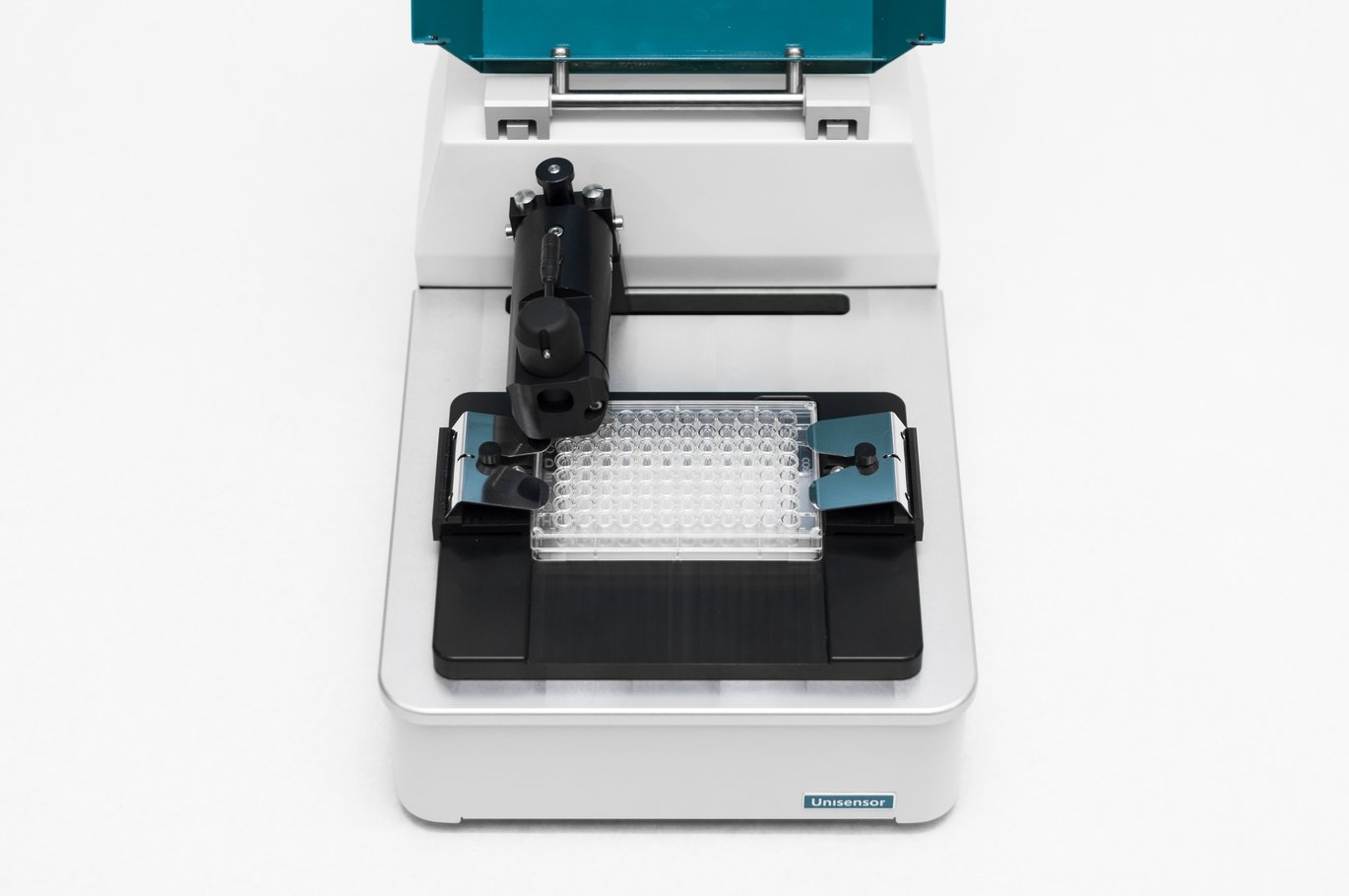New technology is a revolution in fight against multi-drug-resistant bacteria
A new breakthrough means that the effect of certain antibiotics on bacteria can be tested in six minutes. This can save lives and help alleviate the growing problem with multi-drug-resistant bacteria.

When we are admitted to hospital as a patient, we always run the risk of picking up an infection. The testing of the infection takes many hours and the standard procedure is therefore to treat the infection with a broad-spectrum antibiotic. This is regardless of the problems it can trigger with health and the development of multi-drug-resistant bacteria. With a new technology developed by, amongst others, Aarhus University, it is now possible very early in the course of the disease to administer an effective treatment by using the most effective narrow-spectrum antibiotic.
The breakthrough has been created in a collaboration between Aarhus University, the high-tech company Unisensor A/S, Odense University Hospital, Aalborg University and the Advanced Technology Foundation. The test only takes six minutes and when it has been fully developed it will lead to a more targeted treatment.
- The use of this new test means that the bacterium causing the infection can be targeted directly. We will be able to customise the treatment which can save lives and inhibit the development of multi-drug-resistant bacteria, which is a growing hazard for the health of people everywhere, explains post-doc Marlene Fredborg from Aarhus University who is in charge of the research.
- In hospitals and medical practices the world over, the quantities of broad-spectrum antibiotics used are far too large. This causes severe problems with multi-drug-resistant bacteria. What is also unique about this method is that you can test for several types of bacteria at the same time. With this we really have loaded the big guns in the fight against the bacteria, says Carsten Orth Gaarn-Larsen, who is managing director at the Danish Advanced Technology Foundation, which has provided financial support for the development of the technology.
- We are very proud that the team of engineers from Unisensor and scientists from the universities have been able to develop a technology that will be in demand everywhere. This is a good example of how a public-private collaboration can produce results that may be hugely important for the public as it leads to more patient-specific treatment and better utilisation of antibiotics, says Jens Haugaard who is the CEO at Unisensor A/S.
The device can be used in hospitals, and in medical and veterinary practices. The project will allow a much faster treatment of diseases such as urinary infections and septicaemia; it will minimise the use of broad-spectrum antibiotics, ensure a more effective treatment with fewer side effects, lead to a shorter course of treatment and, ultimately, it is likely to save lives.
You can also read ”A new strike against multi-resistant bacteria” here and the scientific article "Real-Time Optical Antimicrobial Susceptibility Test" in the Journal of Clinical Microbiology.
.
Contact:
Post-doc Marlene Fredborg, Department of Animal Science, Aarhus University, e-mail: marlene.fredborg@agrsci.dk, telephone: +45 8715 7812
Senior scientist Bent Borg Jensen, Department of Animal Science, Aarhus University, e-mail: bentborg.jensen@agrsci.dk, telephone: +45 8715 8067, mobile: +45 2089 2135
CEO Jens Haugaard, Unisensor A/S, telephone: +45 4037 8444
Assistant professor Teis E. Søndergaard, Aalborg University, telephone: +45 9840 8524
Head of communication and analysis Thomas Bjerre, Danish Advanced Technology Foundation, telephone: +45 2090 3855
